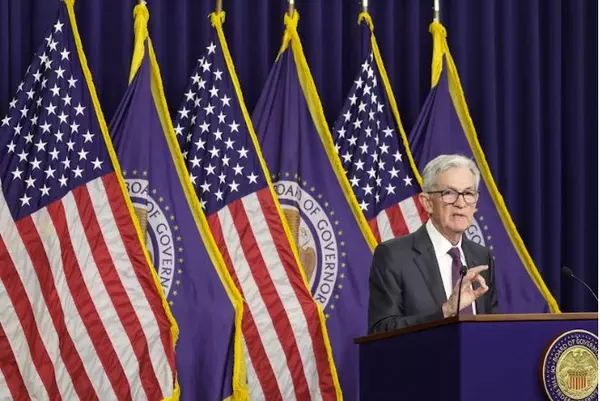The Fed raised rates. So why did mortgage rates fall?
Mortgage rates retreat toward 5 percent

Conventional wisdom is that when the Federal Reserve hikes interest rates, mortgage rates are sure to follow.
Well, not necessarily.
After the Fed raised its benchmark rate by a historic 75 basis points, the average rate on the 30-year fixed mortgage fell to 5.22 percent on Thursday from 5.54 percent on Wednesday. On Friday, it dropped again, to 5.13 percent.
Beyond the rate set by the Federal Reserve and other actions by the central bank, mortgage rates are determined by a range of economic factors, including inflation, unemployment and jobless claims, and supply and demand, according to Nest Seekers Chief Economist Erin Sykes.
“There has been a pullback on new loan and refinance applications because of the general uncertainty in the economy. In order to counter this lack of demand, lenders dropped rates slightly, which brought the national average down a couple basis points, briefly,” Sykes said.
She added that for individual loans, the rate is affected by borrowers’ credit score and the size of their down payment.
Melissa Cohn, regional vice president at William-Raveis Mortgage, said mortgage rates are tied more closely to mortgage-backed securities and treasury yields than to the federal funds rate, the Fed-controlled rate that banks charge each other for overnight borrowing.
“The higher federal funds rates are starting to impact the economy and there are signs of economic weakness and a possible recession,” Cohn said. “As a result, bond yields have dropped and mortgage rates have followed suit.”
Other consumer debt affected by the federal funds rate include home equity loans, credit cards, car loans and other consumer and corporate debt, Cohn explained.
Mortgage rates have been slowly cooling off since hitting 6 percent in mid-June. Rates reached record-breaking lows during the pandemic, in part, contributing to the home-shopping and refinancing frenzy of the past two years.
However, a higher mortgage rate could return the market to something approaching normalcy. Slowing home shoppers down could lead to more inventory, which has been historically low, as well as fewer bidding wars and lower prices.
From brokerages’ point of view, it is always a good time to buy.
“Mortgage rates will undoubtedly increase, so now is a great time to lock in a rate and capitalize on falling prices simultaneously,” Sykes said.
(Illustration: Getty)
The post The Fed raised rates. So why did mortgage rates fall? appeared first on The Real Deal.
Categories
Recent Posts











